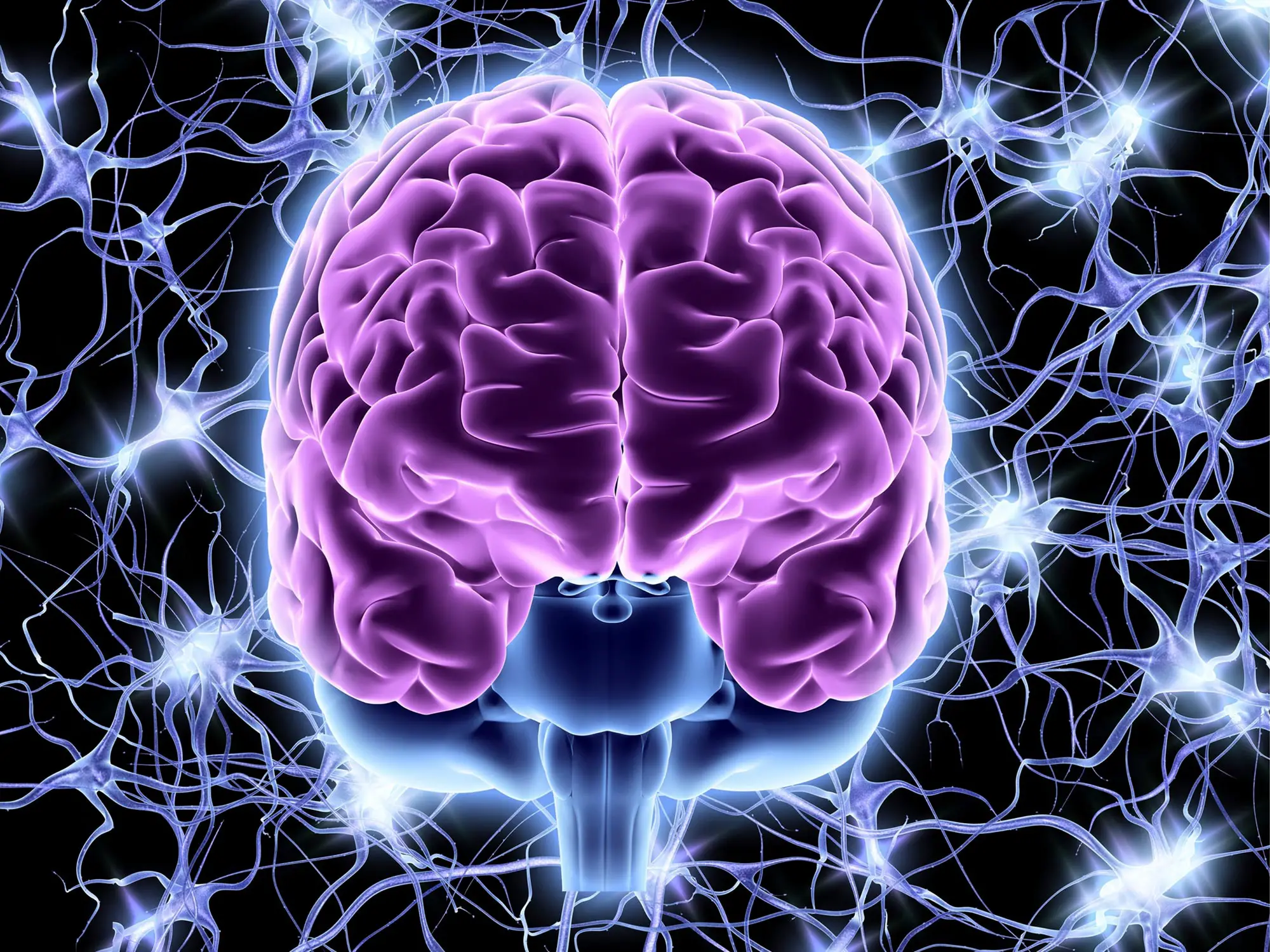Summary of Compromised “Trust Settings” – An Early Warning of Lurking Depression:
Changes in brain patterns that shape trust behavior can serve as an early warning sign for depression, according to a recent study. Researchers found a correlation between shrunken gray matter volumes in the “social brain” regions responsible for social cognition and decreased ability to trust, which is linked to an increased vulnerability to depression. The researchers used magnetic resonance imaging to evaluate the gray matter volume from 470 healthy participants to measure trust, and used psychological questionnaires to measure social anxiety and social network size. The findings could assist in the early detection of depression.
*****
Can Our Trust Behavior Predict Depression?
A recent study suggests that changes in our trust behavior can serve as an early warning sign for depression, even before symptoms become noticeable. Just as unusual behavior from our devices can indicate the presence of malware, changes in our trust behavior can alert us to the possibility of depression sneaking up on us.
The study’s findings could assist in the early detection of depression, which is a pervasive mental health condition affecting millions worldwide. The study was a collaboration among researchers at various institutions in Tokyo, Japan, and was funded by the Japan Society for the Promotion of Science, the Japan Agency for Medical Research and Development, and the Moonshot Research and Development Program.
Brain scans showed a correlation between shrunken gray matter volumes in the “social brain” regions, responsible for social cognition, and a decreased ability to trust, which is linked to an increased vulnerability to depression. However, what causes these brain regions to shrink is still unknown.
Major depressive disorder (MDD), or clinical depression, is a serious condition which requires medical help. Despite serious symptoms that interfere with daily life, many people delay seeking medical help which leads to worsened conditions. However, having tools that help identify early signs of mental disorders could accelerate medical or other therapeutic interventions.
Trust and Depression
Trusting others is not an easy task, as unexpected aversive social interactions are often observed in different environmental settings, such as gossip or bullying at school, harassment at work, or even physical violence at home. Breach of trust and individual differences in trusting others have been shown to harm mental health as low trusters tend to isolate themselves from social interactions and, consequently, develop depression.
“In our study, we not only replicated the association between low trust and depression but also demonstrated that brain regions associated with trust were also associated with the degree of depressive symptoms one year in advance,” said Alan S. R. Fermin, the study’s corresponding author and assistant professor (special appointment) at Hiroshima University’s Center for Brain, Mind and KANSEI Sciences Research.
Overall, the researchers found that the brains of lower trusters showed reduced gray matter volume in brain regions involved in social cognition. Also, they found that this gray matter volume reduction among low trusters was similar to the brain of actual depressive patients, even though their participants hadn’t received any diagnosis of depression yet.
Brain regions that help humans control their emotions, think, and predict others’ mental states and behaviors, such as bilateral angular gyrus, bilateral dorsolateral prefrontal cortex, bilateral dorsomedial prefrontal cortex, bilateral precuneus, ventromedial prefrontal cortex (right frontal pole and right rectus gyrus), the left posterior cingulate cortex, and the parahippocampus-amygdala region, showed reduced gray matter volumes in low trusters and high depressive symptoms. Thus, the reduced volume of these brain regions in low trusters suggests possible disturbances in emotion control and in the estimation of others’ trustworthiness, which may contribute to the development of depression.
Conclusion
While their findings add to previous studies that showed a connection between trust and depression, they were the first to uncover the neuroanatomical basis of this relationship. The study’s finding could support the development of institutional and social policies to increase social trust and prevent the development of mental disorders. The researchers are planning to find out what other personality types could be used as biosocial markers in predicting the onset of mental disorders.
Having tools that help identify early signs of mental disorders could accelerate medical or other therapeutic interventions. Mental health is crucial, and finding ways to detect early signs of depression can be a significant help in reducing the harm it causes to individuals and society.


Comments are closed